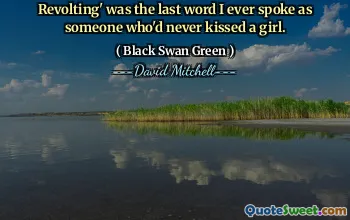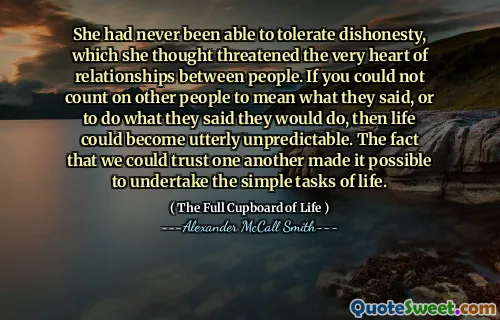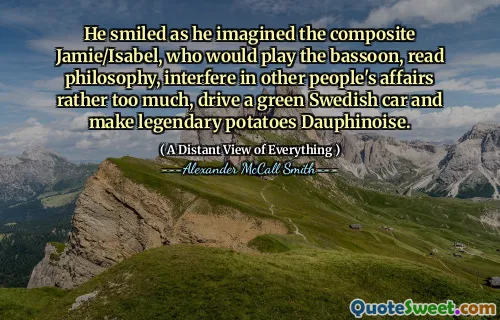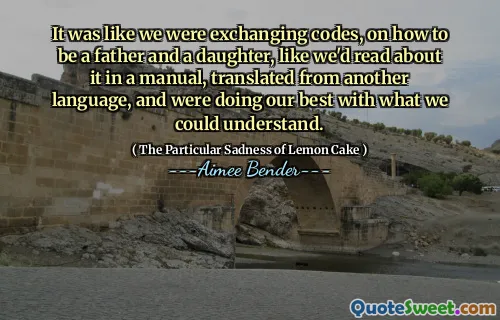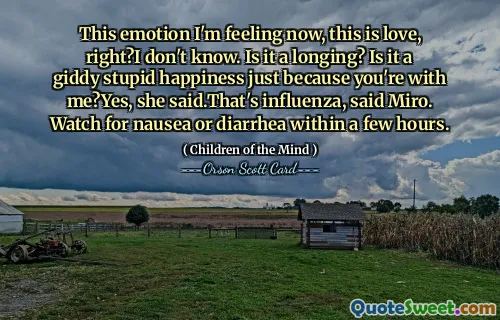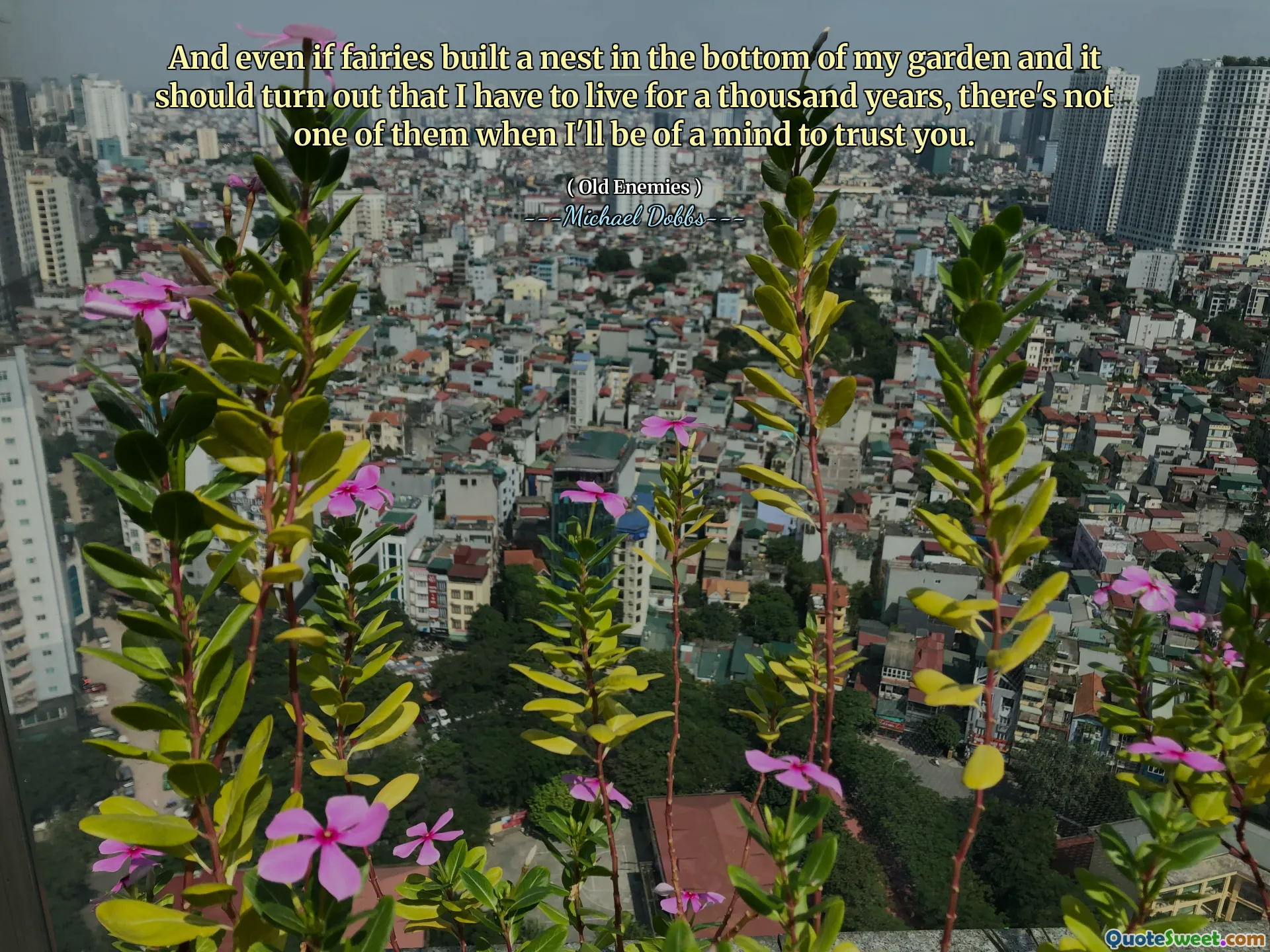
And even if fairies built a nest in the bottom of my garden and it should turn out that I have to live for a thousand years, there's not one of them when I'll be of a mind to trust you.
[Markdown format] This quote encapsulates a profound sense of mistrust that endures regardless of impossible or whimsical circumstances. The imagery of fairies—mystical and fleeting beings—building nests in a garden evokes a sense of magic and wonder, yet the speaker dismisses such fantastical ideas when it comes to trust. The notion that even if immortality were bestowed upon them, trust would still be impossible, emphasizes the depth of their skepticism.
From a literary standpoint, the usage of fairy imagery can symbolize whimsy, innocence, or fantasy. However, in this context, it serves as a metaphor for the fragile and elusive nature of trust. The speaker seems to suggest that no amount of extraordinary circumstances or magical intervention would sway their personal judgment about trustworthiness. This sentiment highlights multiple facets of human relationships:
- Trust is delicate, and once broken, it’s arduous to rebuild.
- Personal conviction or past experiences can override even the most enchanting possibilities.
- Doubt and wariness can persist independent of external situations.
Furthermore, the irreverent tone reminds us that trust isn’t granted lightly—it’s earned through consistent actions rather than whimsical notions or extraordinary displays. The reference to living for a thousand years accentuates the permanence of their mistrust, presenting it as an enduring trait rather than a fleeting sentiment.
In a broader societal context, this quote can reflect a universal hesitation to accept others’ intentions without proof. It serves as a reminder that genuine skepticism often stems from human nature’s experiences and a cautious approach to vulnerability. Overall, the quote masterfully illustrates how deeply rooted mistrust can be, resilient against even the most fantastical or hopeful scenarios.
Source: ( Old Enemies ) by Michael Dobbs

